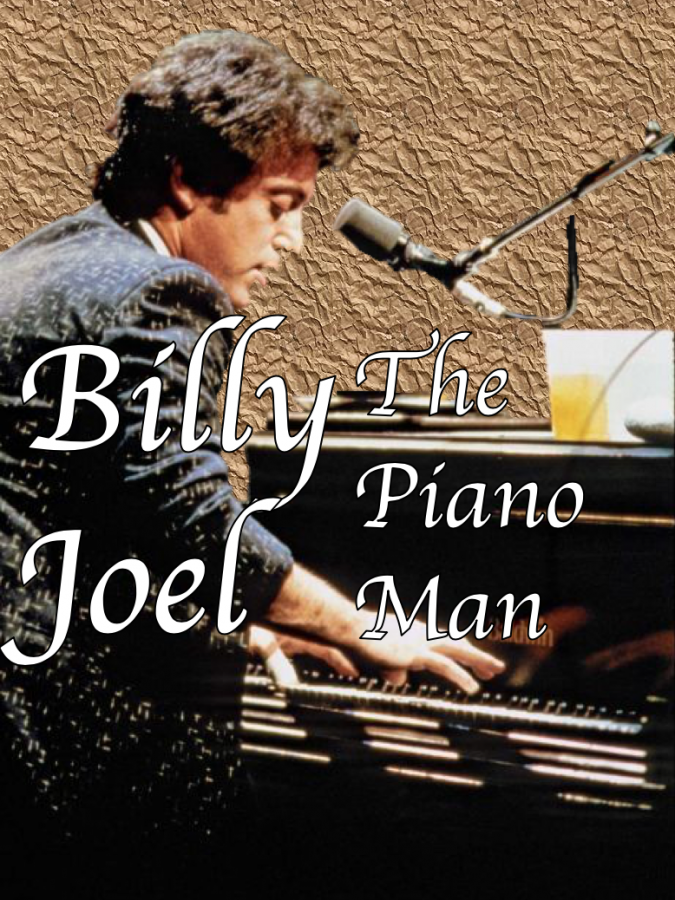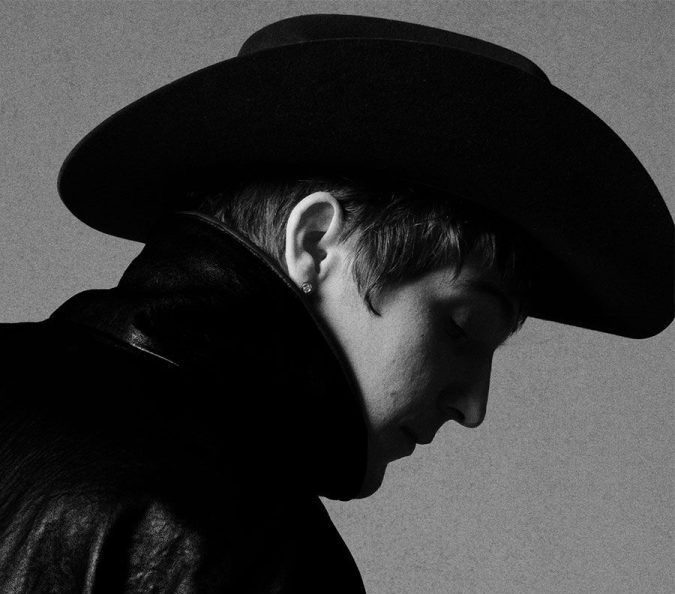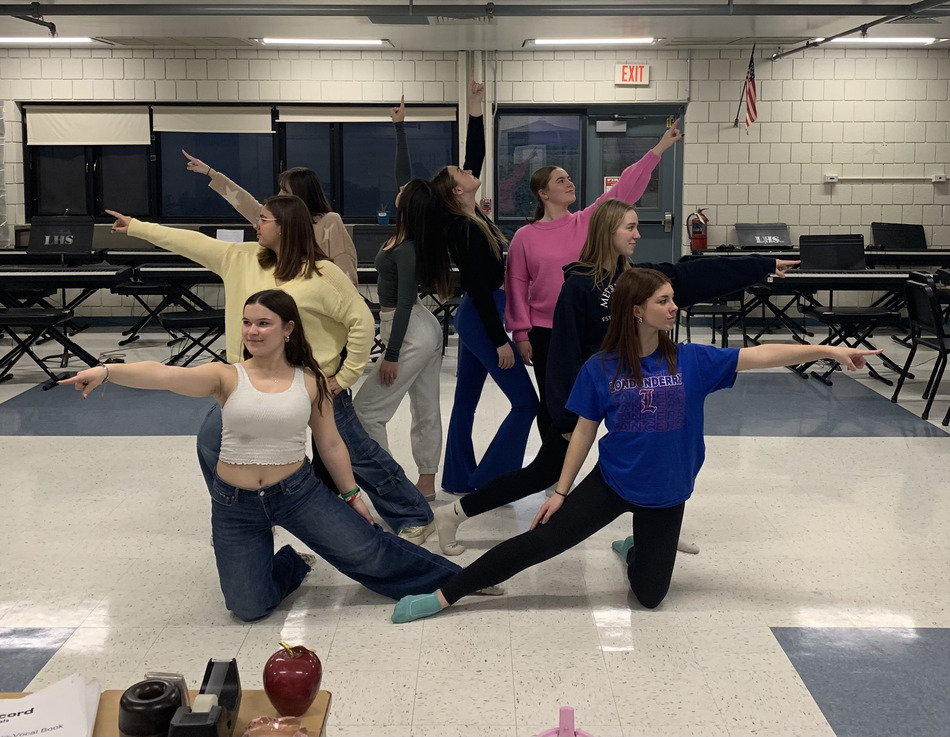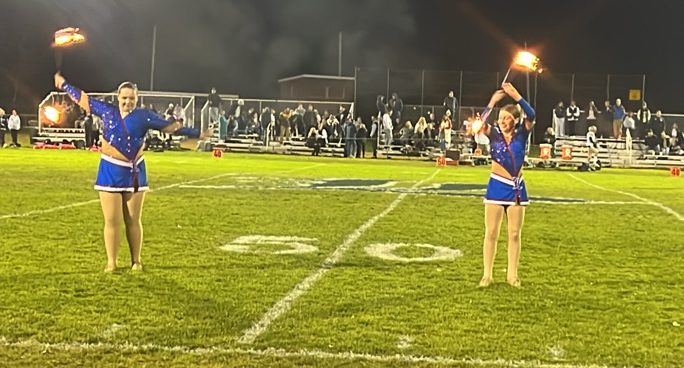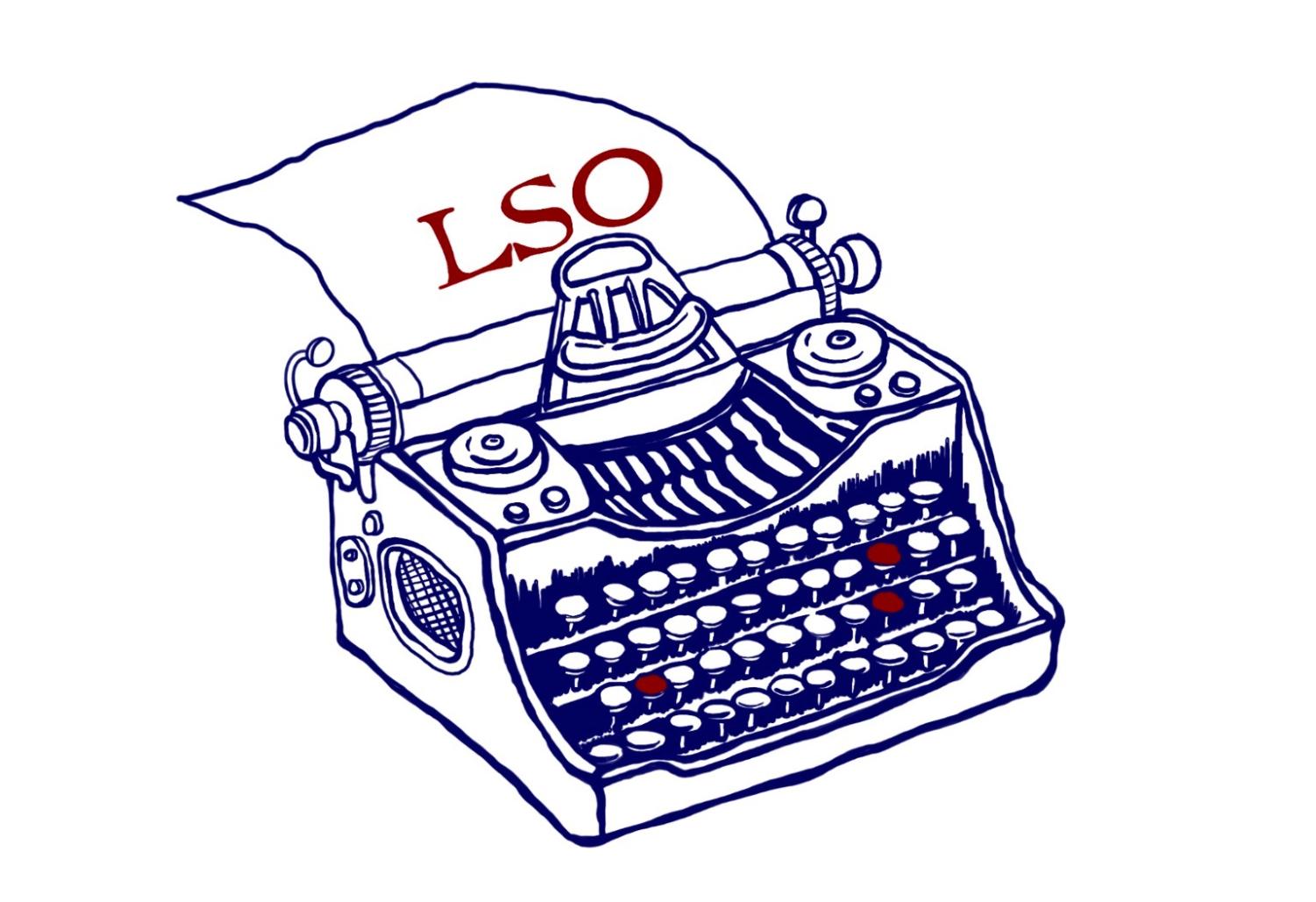Keyboards, hammers, dampers, a bride, soundboard, and strings.
These are the essential parts of the piano.
But what does it take to make a “Piano Man?”
Simple: a bodacious discography, the Midas Touch for tickling the ivory and a pretty memorable name.
Something like… Billy Joel.
The aptly named Billy Joel started his path to becoming the star we know him as today through a rebound album. After the failure of his first album Cold Spring Harbor in 1971, Joel resurrected his career with 1973’s Piano Man, headlined by songs “Piano Man,” and “Captain Jack.”
“Piano Man” was Billy Joel’s meandering piano ballad, and probably most iconic work. The masterful piano progressions were and still are unparalleled, and ultimately make the song. The story being told in the song is artfully weaved together with deceptively descriptive verses. Ultimately the song ties together the essence of Billy Joel in a five minute track.
“Captain Jack” was the not-so distantly related cousin of “Piano Man.” The two tracks parallel each other, not only in length, but in excellence of musical composition, and storytelling. Joel’s piano playing blankets the song with a softer sound, but occasionally splinters when accompany the bouts of rock. Joel peppered in some of the catchiest lyrics he had ever written and got himself a classic.
Later in the decade, Billy Joel hit on all cylinders with the release of successful albums like Streetlight Serenade, The Stranger, and 52nd Street. The success of the albums came from the strong foundation of the songs featured on the albums, ranging from “The Entertainer,” “Vienna,” “Only the Good Die Young,” and “Big Shot.”
“The Entertainer” brought Billy Joel out of his element. Trading in the city-slicker, noir piano for a predominantly countryside guitar backing, Joel juxtaposed his familiar sound with a cheery, rolling-hill anthem. The meta lyrics are fun and when Joel sneaks in a quick piano bluster to champion his Piano Man status, you can’t help but be entertained.
“Vienna” is one of Billy Joel’s most sincere piano ballads. Letting each and every one of us know that the candle that burns twice as bright lasts half as long (thanks Blade Runner!) and pleads and bleeds for the over-ambitious to realize that good things will come to those who wait. With this one, Joel constructed a jazzy ballad that every stressed-out high schooler in America should listen to.
“Only the Good Die Young” is a poppy musical composition that hits on all cylinders. Joel’s vocals ink the catchy lyrics in our mind after a single listen. The instrumentation is cheery with a pouring pitcher of fluid progression. The entire song is encapsulated in the smile on your face you get after listening to this song on loop for an hour.
“Big Shot” is probably Joel’s most iconic song of his second generation works. The searing and sneering vocals showed a side of Joel the listening audience had never heard before: a mad, bad Billy Joel. The New York brass gives off a big orchestration sound to a song that similar to the entire iconography of Joel.
Keeping his run going into the 80’s, Billy Joel released albums, An Innocent Man, and Glass Houses. While the success of the complete albums can be put into question, it can’t be denied that both have contributed to some of Joel’s hits, including “Still Rock and Roll to Me,” and “Uptown Girl.”
“Still Rock and Roll to Me” became the ripped-jeaned anthem for wallflowers everywhere. The song preached an “I-don’t-care” attitude towards anyone who questioned the idea of being unique. Joel made being out of trend trendy with pretty rudimentary instrumentation and a fun, catchy chorus.
“Uptown Girl” stuck with the idea of an “us and them” dynamic to life. Joel sings all about the privilege that a rich uptown girl experiences and romanticizes the idea of leaving the soc lifestyle for a greaser. Joel then sings about what it’s like to be on the other side of the tracks, creating a foiling masterpiece about misconceptions, unlikely connections, and young love.
When the 90’s came around, the Billy Joel juggernaut had grown feeble and forgotten. Amidst financial struggle and alleged betrayals by those closest to him, Joel released his final pop album, River of Dreams in 1993. With no memorable tracks, Joel followed up his blunder with yet another: 2001’s Fantasies and Illusions.
Neither album had the lasting power of his previous works. While the Billy Joel brand helped the titan meet numbers (with sales of the albums staying consistent), that brand wasn’t able to help the quality of Joel’s work. It seemed that after three decades of work, the Billy Joel piano finally needed to be tuned. His legacy, however, was 88 keys deep and never going to fade.
Because before Billy Joel, the world of soft rock was like quiet ocean waves: slow and unsure in a brush against the shore.
And after his three decades of action, it was raucous and rowdy.
Wild like a storm.



